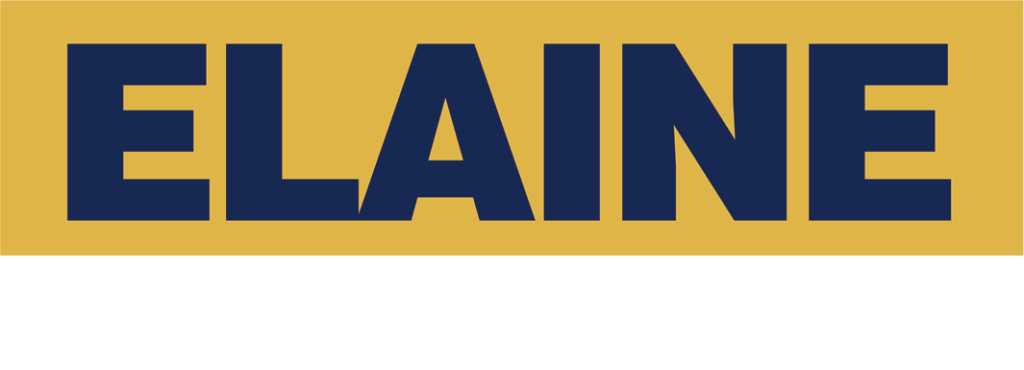Congresswoman Elaine Luria hosted an online forum Wednesday in which Coastal Virginia leaders voiced their appreciation and concerns regarding the American Rescue Plan that was signed into law March 12 and will provide funding to states and localities recovering from the economic fallout of the COVID-19 pandemic.
The participants included Cape Charles Mayor William “Smitty” Dize, Accomack County Board of Supervisors Chair Ron Wolff, and leaders from Virginia Beach, Norfolk, Hampton, Williamsburg, and York County.
The American Rescue Plan will give Virginia about $4.4 billion in state relief and $2.9 billion in local aid.
“This funding will be critical to protecting vital local services that residents depend on and in preventing layoffs that will further weaken the economy,” Luria said.
Virginia Beach Mayor Bobby Dyer said that state unemployment benefits have been both “a blessing and a curse” because many workers have become dependent upon them.
Dize agreed the problem is no longer a lack of jobs but a “lack of people wanting to work.”
He said Cape Charles’ largest restaurant is considering closing two days a week due to a lack of employees. The decision would cost the business $500,000 to $1 million in revenue this year and decrease the amount of meals taxes the town receives.
However, the Cape Charles economy has performed fairly well during the COVID-19 pandemic, leaving the town with a budget shortfall of only about $150,000, Dize said.
He appreciated nonprofit Cape Charles Main Street for helping the town and local businesses get state grant funds to help them stay afloat throughout the pandemic.
Cape Charles will receive about $930,000 from the American Rescue Plan, according to a press release from Luria’s office.
One drawback of the plan is localities must wait for the U.S. Department of the Treasury to issue guidance on how the funds may be used, and the deadline is May 10, after many cities and towns have finished or nearly finished writing their budgets for the upcoming fiscal year.
There was a consensus among the forum participants that the guidance from the treasury department should be issued sooner rather than later, and Luria agreed to send a letter urging the treasury department to act.
Dize would like Cape Charles to spend its money on infrastructure; Luria said there is language in the American Rescue Plan that supports using the funds for water, sewer, and broadband services.
Wolff also expressed gratitude that COVID-19 did not severely impact the Eastern Shore compared to other regions.
He said Accomack County’s positivity rate for COVID-19 peaked at 12% and typically stayed below the state average.
Accomack has continued all county services throughout the pandemic without raising taxes, Wolff noted.
Accomack used Coronavirus Aid, Relief, and Economic Security or CARES Act funding to provide grants of up to $5,000 each to small businesses, commercial waterman, and charter boat captains, he said.
The grants were in high demand, and the county distributed the funds “as equitably as we possibly could,” Wolff said.
He appreciated the work of the Shore Delivery Corps, a volunteer group that has worked in both Accomack and Northampton counties throughout the COVID-19 pandemic, delivering medicine, food, and other supplies to citizens who couldn’t leave their homes.
Wolff said plans are in the works for an Accomack town hall meeting where citizens can have their say about how the county’s nearly $6.3 million in American Rescue Plan funds should be spent.
Luria said, “Hampton Roads encompasses so many different types of areas, both urban, suburban, very rural – and each has its unique challenges, but I really appreciate the leadership that each of you is giving in your communities to deal with the challenges of COVID,” and “the unifying theme of this is that there is help coming.”
Read full article>>>

